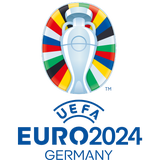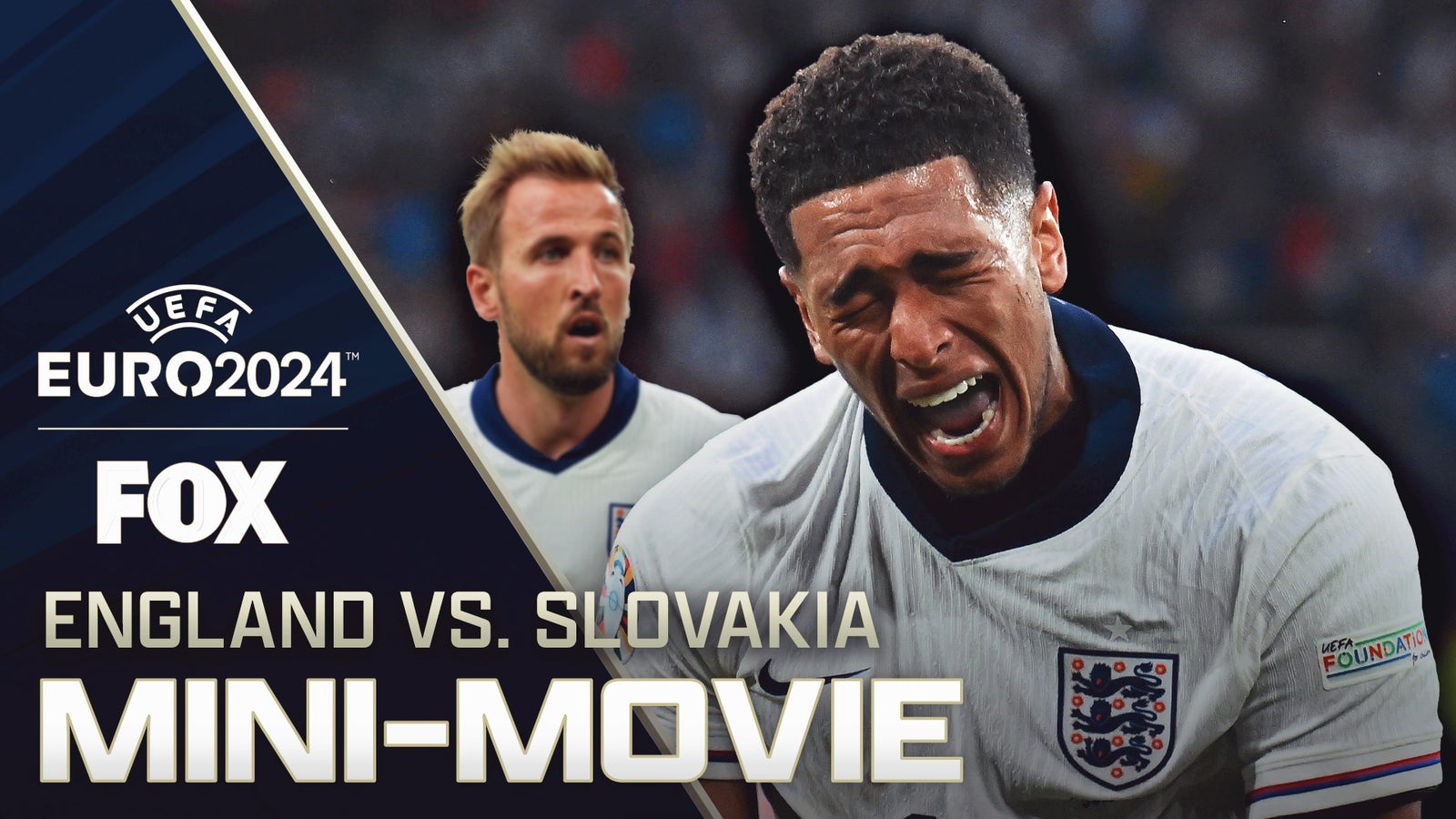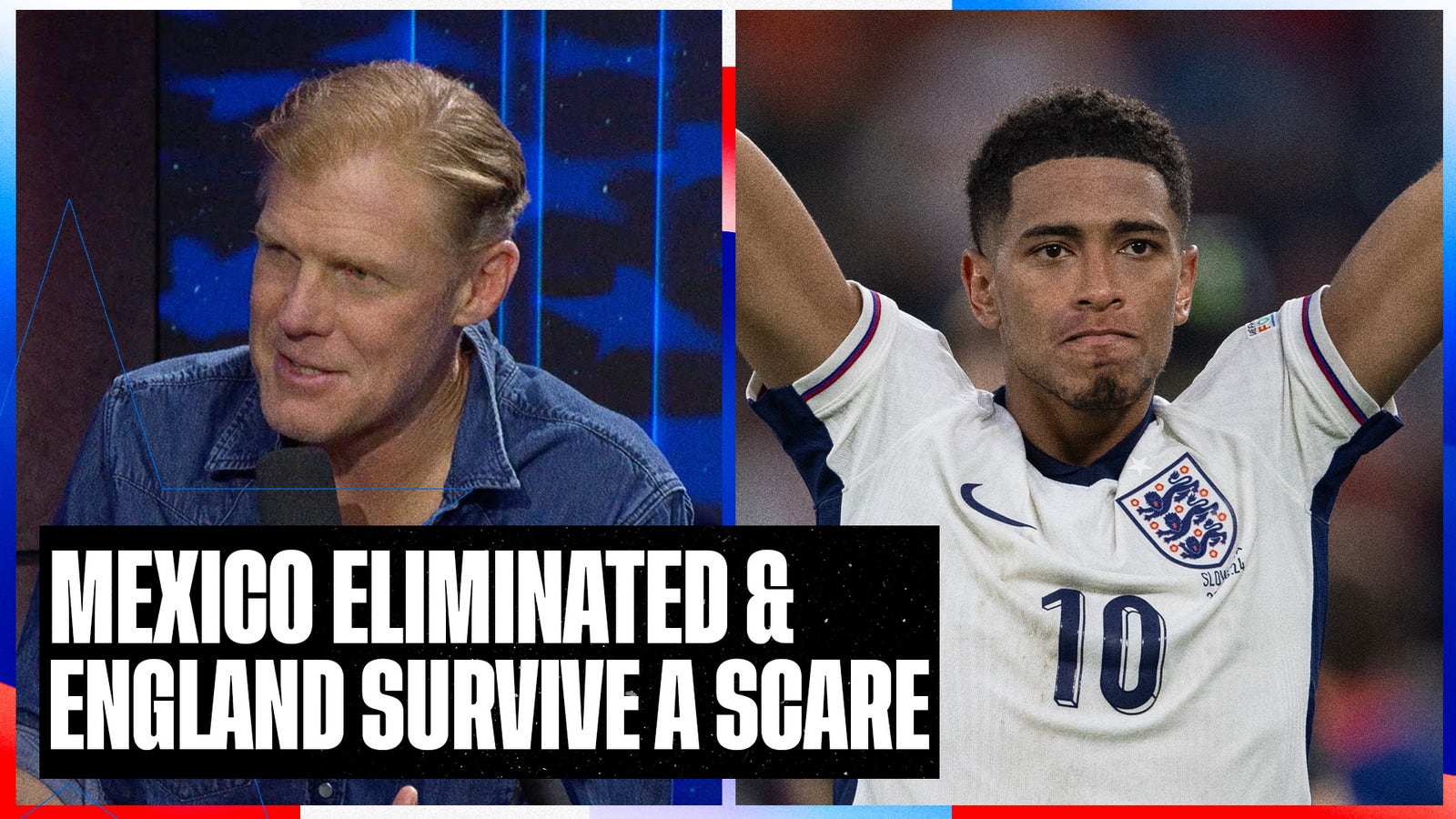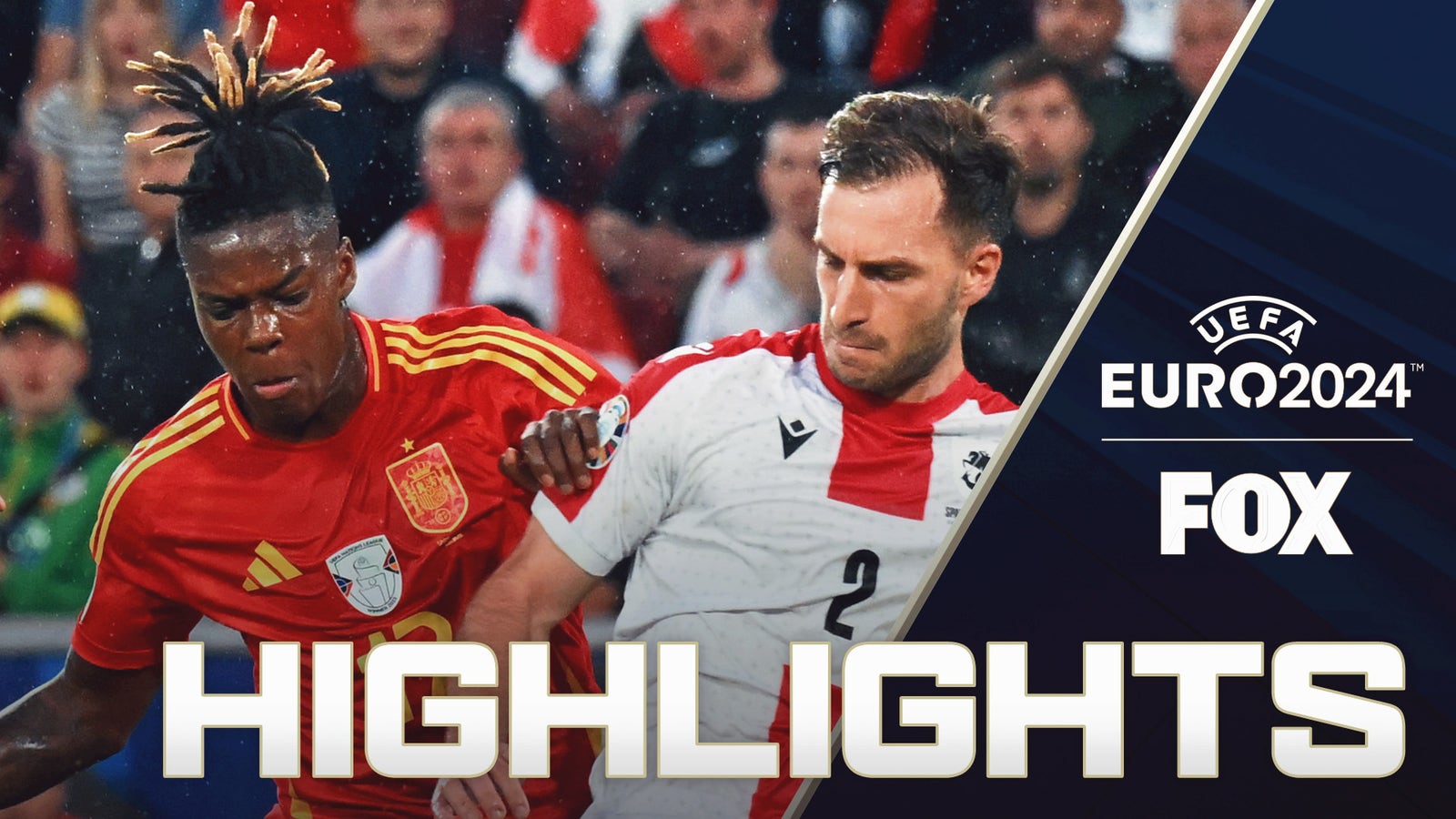
Wide-open Euros is perfect antidote to soccer's painful predictability
FRANKFURT, Germany — Euro 2024 has less than two weeks to run and, would you believe it, we don't know who is going to win yet.
Obviously, that is the case for every European Championship or other soccer event, or, indeed, any sporting competition that takes the format of an actual tournament.
But, for long-suffering soccer fans, that inherent uncertainty is also the best thing about it.
Europe is where the biggest forces in the sport lie, home to the biggest and wealthiest clubs, the ultra-talented players they buy from around the world, and where most of the strongest national teams can be found.
However, its leading domestic leagues have become mired in predictability, as cash-laden clubs repeatedly either win their title by lapping the field, or do so again and again and again. Or, in the case of Bayern Munich until it was finally stopped this past year, several more "agains."
"Tournaments are different," Portugal's Cristiano Ronaldo said a full decade ago, but with words that remain just as relevant now. "Everyone who is still in has a chance. We have seen people say for sure that a great team is going to win, and it only takes one game for the opponent to come together and knock them out."
"At the Euro you give all your effort," France head coach Didier Deschamps told reporters. "You try to control your destiny but over a short time many things can happen, and it moves very quickly."
For those accustomed to big-name domination, you can find it here. If you doubt that, take a look at how the bracket looked before Monday's pair of games. Spain is going to play Germany in a battle of the tournament's two most in-form teams, and yes, it's just a quarterfinal.
But the competitiveness is ferocious. Picking a winner, as we head into July and with 40 out of 51 games complete, is a fool's errand and underdogs are still flexing their muscles.
The biggest personality in the sport, Ronaldo, was on the receiving end of one from Georgia.
Jude Bellingham nearly suffered the same fate, but worse, before his bicycle kick saved England from a swift return trip home.
Kevin De Bruyne and Belgium sustained the first upset of the tournament, losing their opening game to Slovakia.
Meanwhile, Gianluigi Donnarumma and his defending champion Italy side caught no favor, bumped out in the Round of 16 by Switzerland after a jittery campaign.
In some ways, the Euros has more in common with March Madness than it does with club soccer's league system. It is do-or-die now, and soccer's margins are tight enough that even the biggest favorite in any contest needs only a few things to go wrong to hit trouble.
Only Germany has home field advantage — though we did write about how its neighbors are also thriving — yet in truth, the host's location at the heart of Europe means every team has noisy and buoyant support.
Euro 2024 is an open book and there are more chapters to be written. It is not a closed shop, which, sadly, is how most leagues have become.
In the English Premier League, Manchester City has won four straight years, being simply too rich, too stacked with talent and with too good a head coach in Pep Guardiola. There was a title race with some bite this year, but even though Arsenal finished within two points, there was still an inevitable feel to it.
In Germany, there was a welcome change for everyone except Bayern Munich fans, who had enjoyed 10 straight titles. Bayer Leverkusen did the unseating, and then won by a remarkable margin of 17 points without losing a single game.
In Serie A, Inter Milan won with weeks to spare and an eventual margin of 19 points, which was such a stroll that Italy coach Luciano Spalletti complained his Inter players had lost their edge by the time they arrived for national team duty.
Real Madrid's season was full of triumphs, but their league run was devoid of drama by the time April rolled around, all eyes firmly pointed to the Champions League by then.
In France, PSG charged clear, winning by nine points and with just two defeats, five fewer than anyone else.
Four of those five champions are among the world's very richest clubs, while Leverkusen hit timely gold dust with the brilliance of head coach Xabi Alonso, the rise of Germany star Florian Wirtz and the convenient dip for Bayern.
Money doesn't just talk in European soccer, it bellows with eardrum-shattering resonance.
It is not particularly healthy for the game, and it is getting talked about more, without anyone having any clue how to fix it. All they do know, is that it makes the thrill of these Euros and the tension that surrounds every duel even more enjoyable.
"It is a temporary and timely remedy for anybody drained by an intensely repetitive, sanitized and self-obsessed circus that is on the precipice of eating the elite game whole," wrote the Guardian.
Basic sense shows that the underdog has more of a fighting chance over a shorter period of time, like the month-long Euros where seven positive outcomes will take you to a championship, as opposed to the home-and-home league structure used in all of Europe's main leagues.
That's why Greece's remarkable Euros triumph in 2004 was priced by oddsmakers at 150/1, whereas Leicester City's winning the EPL in 2016 was 5,000/1, given the greater body of work required.
The Euros are predictable in their excitement, unpredictable in their delivery.
They are still fiendishly hard to win. Just ask England, which never has. Or it's quarterfinal opponent, Switzerland (Saturday, noon ET on FOX).
The Swiss have gotten out of their group at each of the last six major tournaments they have played, but their quarterfinal showing three years ago remains their only trip to the last eight since the 1954 World Cup.
Been impressed by Austria? Think they sound like the sort of soccer nation that was probably quite good, back in the day? They were, making the semis of the 1934 World Cup. But they never even qualified for the Euros until 2008, and have never won a knockout game here. Soccer, duh, is hard.
It is supposed to be. The greatest prizes are meant to provide the biggest challenges, that's what makes them worth winning.
But — the clue is in the word — competitions are meant to be competitive. The finest soccer leagues anywhere have lost that.
The Euros has it, in spades. Over the next two weeks we get to revel in it, doing what sports fans should — wonder what will happen next.
Martin Rogers is a columnist for FOX Sports. Follow him on Twitter @MRogersFOX and subscribe to the daily newsletter.





